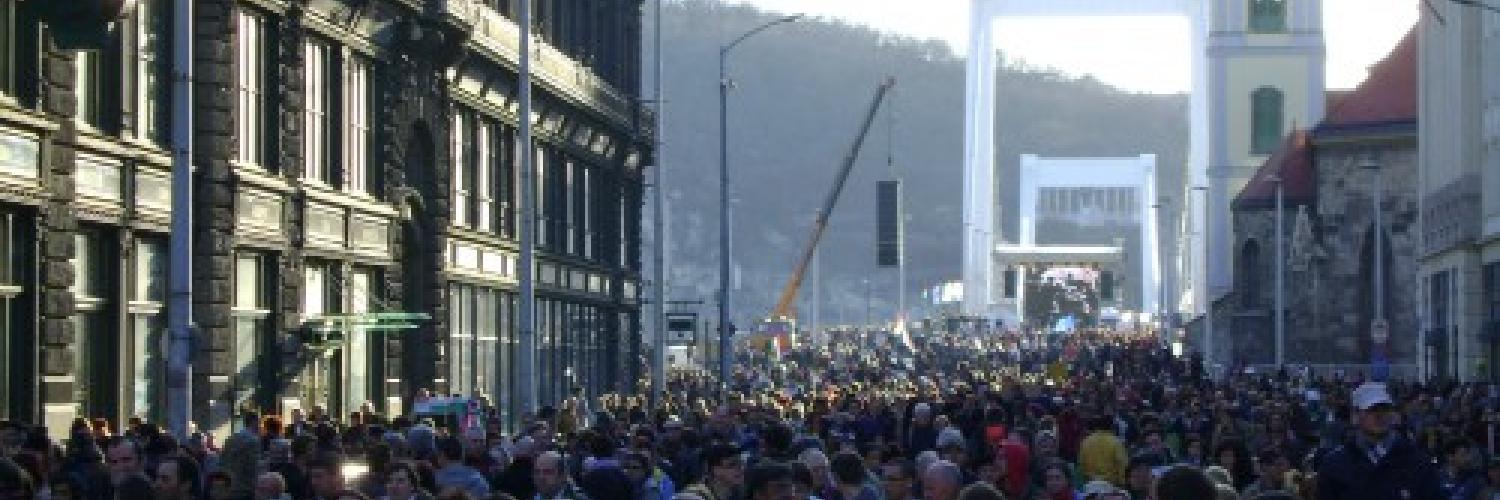The relationship between democracy and the media in Central and Eastern Europe (CEE) is poorly understood. Existing studies tend to focus on whether media are good or bad for democracy. Western media models assume that democratic institutions pre-date the rise of media, and that core qualities of democratic governance exist (including the rule of law, political pluralism, freedom of speech and information).
But such assumptions do not necessarily apply in Central and Eastern Europe, where democratic institutions and media institutions emerged simultaneously and interdependently in a period of rapid and often chaotic reform.
This project aims to reverse the common framing of the media-democracy relationship. Instead of asking how media performance of certain normative functions (such as information provision and holding power elites to account) influences democracy, we ask:
What kind of democracy is needed for media to perform its agreed-upon normative functions?
The expected results and outputs will not only help us to understand democracy and the media in the new member states of the European Union but will also be more broadly applicable to the study of the relationship between democracy and the media in other consolidating democracies, including the Balkans, Latin America, Asia, the Middle East, and Africa.
The project finished in September 2013. Details of all the project's outputs, including all publications, can be found here.




